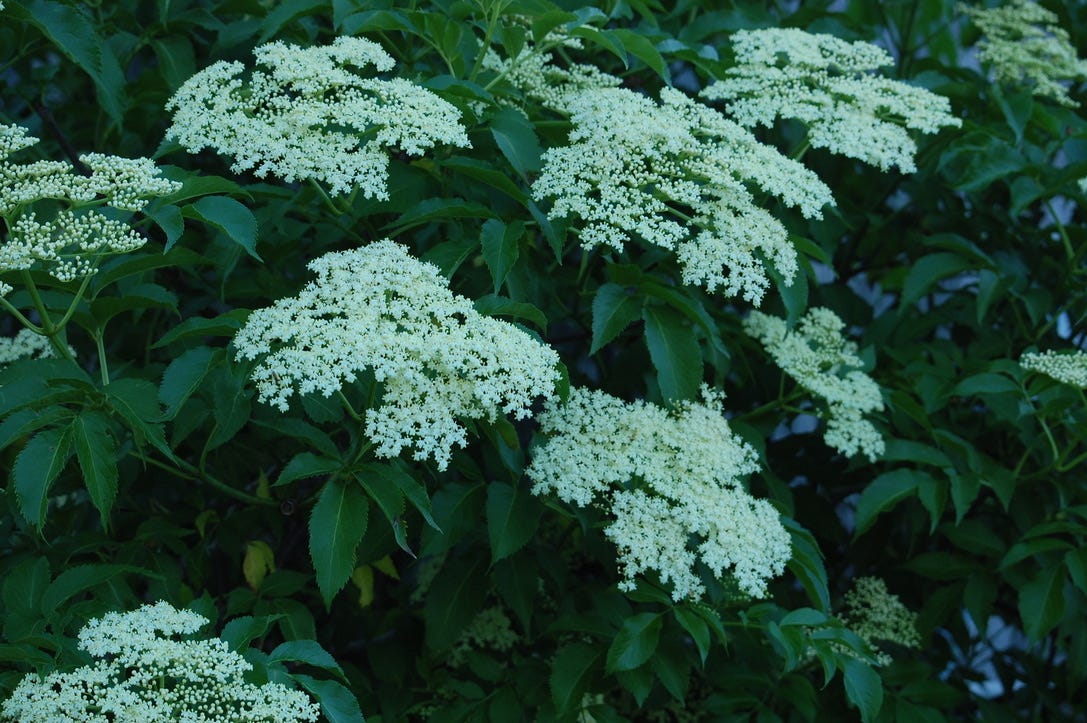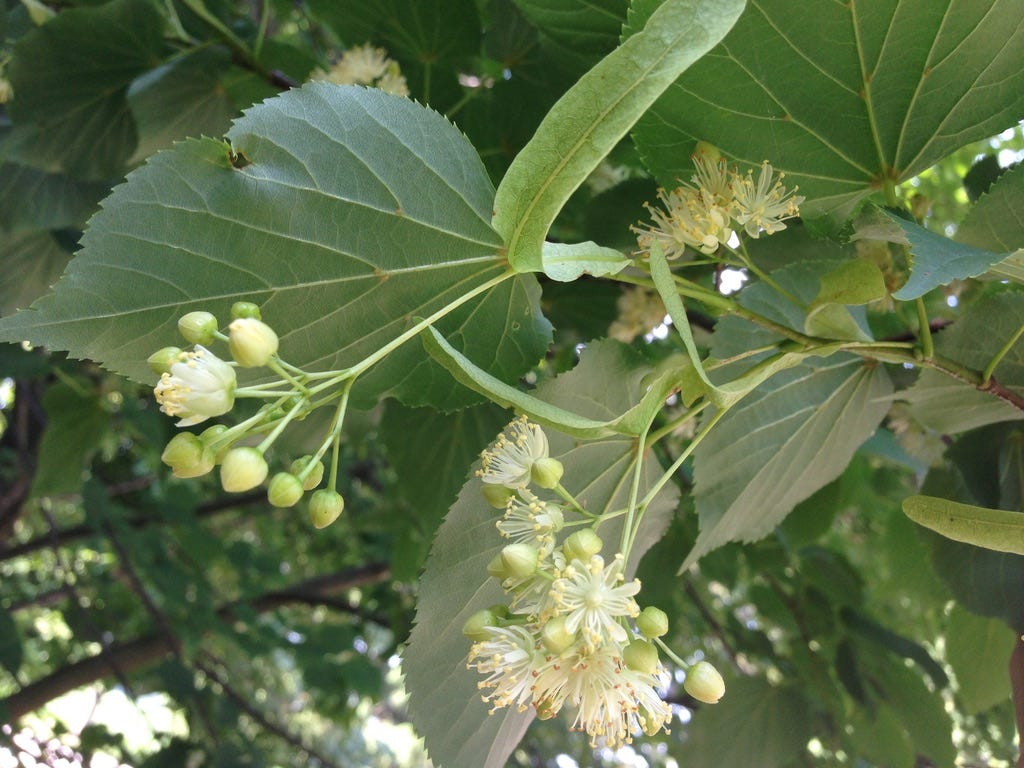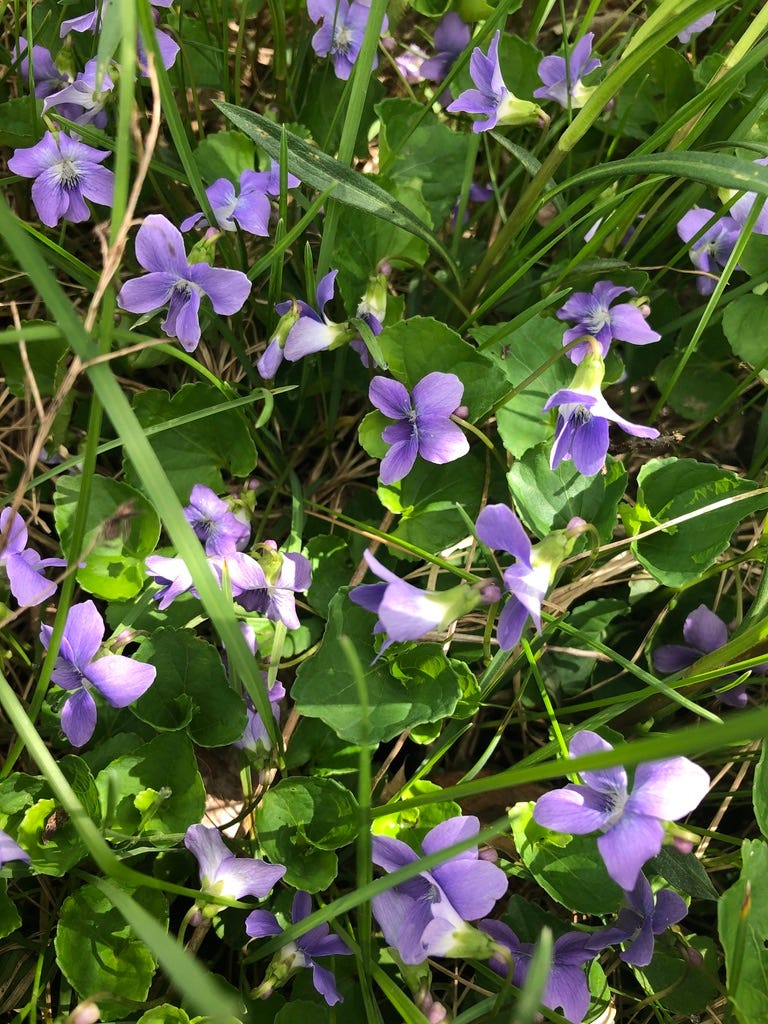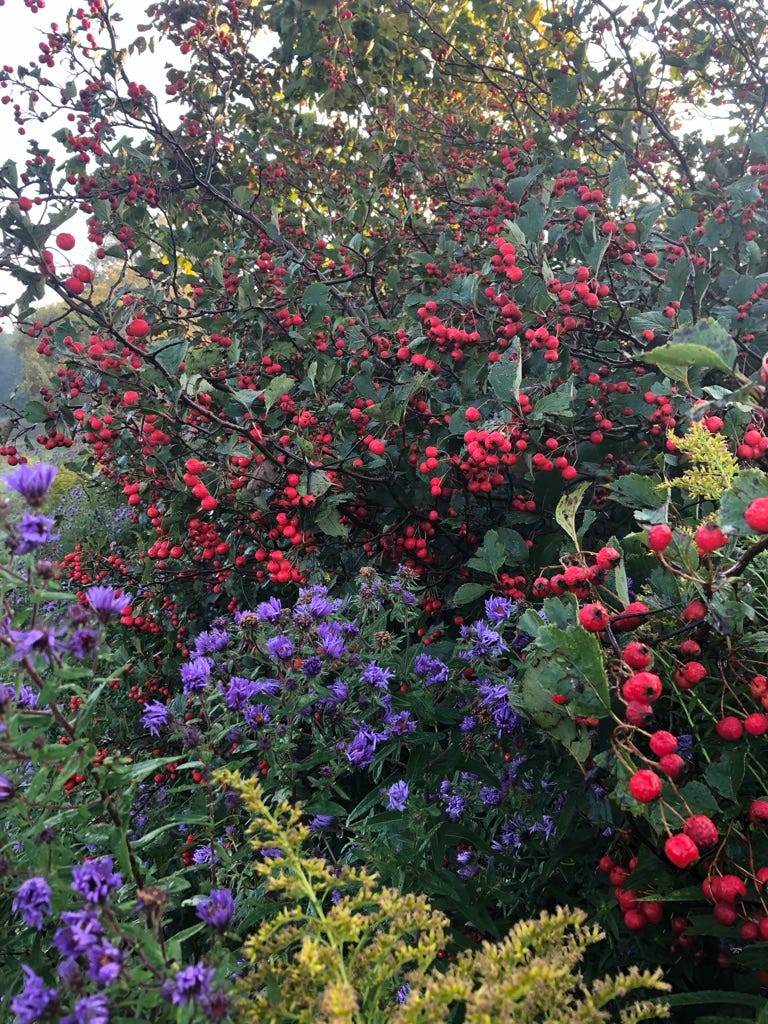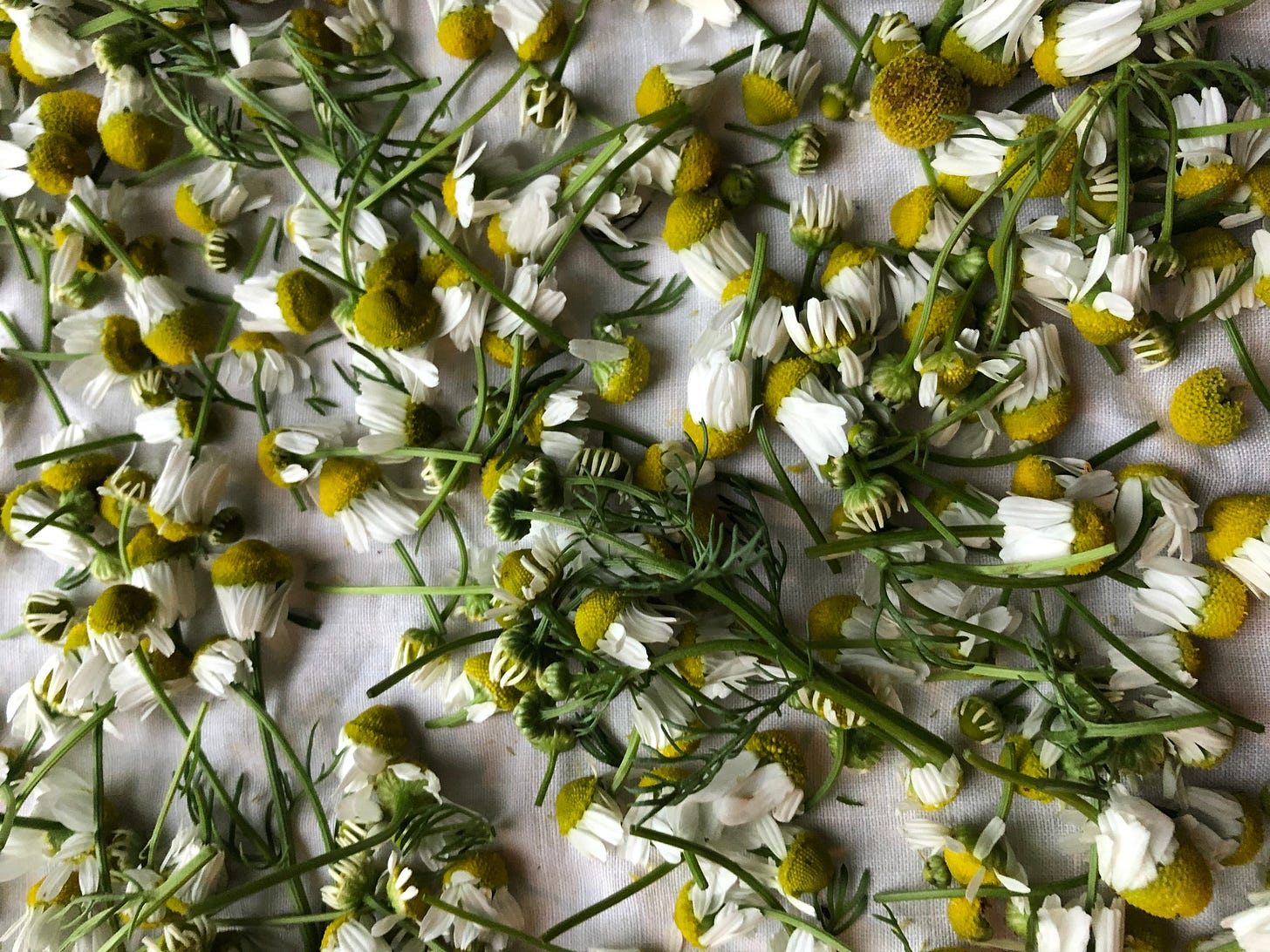Plants, Trees and Shrubs for Medicinal and Culinary Use
It’s that time of year when many of us start thinking about planning our gardens for the coming growing season. Here is my run down of the plants, trees and shrubs that I would recommend you consider if you are wanting to expand your access to herbs for use in teas, medicines and for culinary purposes. I have chosen these based on being easy to grow, with a wide range of use and relative safety.
There are many sources available to purchase plants and seeds. My go to for seed purchases for herbs is Richters and William Dam Seeds . You will find most culinary herbs available as seedlings at garden centres locally in season. Do check that you are getting the right variety for our climate zone if you are hoping it to overwinter successfully. For medicinal herbs, I usually purchase online from Richters, or for local in-season pick up from Firmly Rooted. If you have other favourite places for purchasing herbs, let me know.
Peruse the following list and choose a few to add to your garden this year. Over time you can add more. This list is just a starting point.
TREES AND SHRUBS
Elder - Sambucus nigra
Producing both flowers and berries. Flowers are an important diaphoretic herb to use at the onset of fever. Being an important cold and flu remedy the flowers are also helpful to clear mucous. The berries are an important immune and lung tonic.
Linden - Tilia cordata
I would recommend this particular European species of Linden as it is more fragrant than its North American cousin Tilia americana (Basswood) . Tilia cordata makes a lovely tea that is both relaxing as well as being useful for fevers. It has an affinity to the heart.
Hawthorne - Crataegus spp
There are many wild and cultivated species of Hawthorne and most are medicinal. It is an important heart tonic and has a calming effect on the nervous system. Its flowers, leaves and berries are all widely used in teas and cordials.
Pine - Pinus strobus is the native species to consider.
Pine is an important pungent aromatic with antiseptic qualities. It is helpful for states of low oxygenation of tissues. It can be used as a tea. If you already have a spruce tree growing on your property, it could serve a similar purpose as a pungent aromatic with antiseptic properties. White Spruce - Picea glauca is the native spruce.
Raspberry - Rubus idaeus
A hardy shrub often found growing in the wild. The leaves make a great tea.
Rose - Rosa spp
Both wild and cultivated varieties can be considered. Flowers and the rosehips are widely used medicinally. For varieties of rose to consider growing see this post
Sumach - Rhus typhina or Rhus aromatica
Rhus typhina or Staghorn Sumach grows most abundantly in this region. Consider also Rhus aromatica, or Fragrant Sumach. The summer flower/fruit contributes a pleasant sour cooling flavour to teas and culinary dishes. There is a species native to the Middle East with similar properties that is used extensively in the cuisine of that region.
HARDY PERENNIALS
For the most part, the plants listed in this section grow easily in our climate and overwinter well, returning to us every year. These plants form the backbone of a hardy culinary and tea garden:
Common Marjoram - Origanum vulgare
French Tarragon - Artemisia dracunculus sativa
Garden Sage - Salvia officinalis
Greek Oregano - Origanum vulgare
Lady’s Mantle - Alchemilla vulgaris
Peppermint and Spearmint - these are invasive - plant it in a large pot to contain them
Thyme - Thymus vulgaris - choose from many varieties. I like French thyme.
Anise Hyssop - Agastache foeniculum
Catnip - Nepeta cataria
Lavender - Choose one hardy to our region
Lemon Balm - Melissa officinalis
Marshmallow - Althea officinalis - if you tend to dry tissue states
The following often grow in the wild, though you might like to add them to your garden just to be sure you have access to them:
Red clover - Trifollium pratense
St. Johns wort - Hypericum perforatum - a short lived perennial that may self seed
Stinging nettle - Urtica dioca - this one spreads quite readily, choose a good spot to contain it
Violets - Viola spp
Yarrow - Achillea millefolium - I prefer white or very light pink
The following are important medicinally and grow and readily and abundantly in the wild in this region, so no need to plant them in your garden. Look for them. They are seen as common “weeds”.
New England Aster - Symphyotrichum novae-angliae
Burdock - Arctium sp
Common mallow - Malva officinalis
Dandelion - Taraxacum off
Goldenrod - Solidago spp
Motherwort - Leonurus cardiaca
Mullein - Verbascum thapsis
Plantain - Plantago major
Prickly Lettuce - Lactuca serriola
Twitch grass (Couch grass) - Agropyron repens
Yellow dock - Rumex crispus
ANNUALS
Annuals do not overwinter and must be reseeded every year. Most of these are easy to grow from seed. Some have a tendency to self seed to the following year. Many can also be purchased as seedlings depending on how many plants you are hoping to grow. Get into the habit of saving seed. Mot of these are easy to collect seed from to plant the following year.
Basil, sweet - Ocimum basilicum
Calendula - Calendula officinalis
Chamomile - Matricaria recutita
Cilantro - Coraindrum sativum
Dill - Anethum gravelolens
Fennel - Foeniculum vulgare technically a short lived perennial, so I will reseed it as needed
Holy Basil - Ocium spp
These plants might technically be considered biennial, or perennial in other climate zones. However, they do not overwinter in our zone. As such I purchase them annually as plants. With extra winter protection some may overwinter.
Artichoke - an excellent bitter liver remedy
Lemon verbena - I love this for tea
Parsley - I have had too much challenge starting it from seed consistently so I buy plants
Rosemary - I have tried varieties that were to be hardy in zone 5 without consistent luck
If you tend to a lot of stress, tension and anxiety, here are a few additions you might consider. They have a stronger or bitter flavour so most people find they are not as enjoyable as a beverage tea. They can be added in to tea in smaller amounts or made into tincture.




